Donald Trump
Latest
The largest US military build-up in the Middle East in decades fuels uncertainty in Tehran
Representatives from Washington and Tehran are meeting in Geneva today for nuclear talks as the US military buildup in the Middle East continues. Are the tables tilting? And what will happen next?
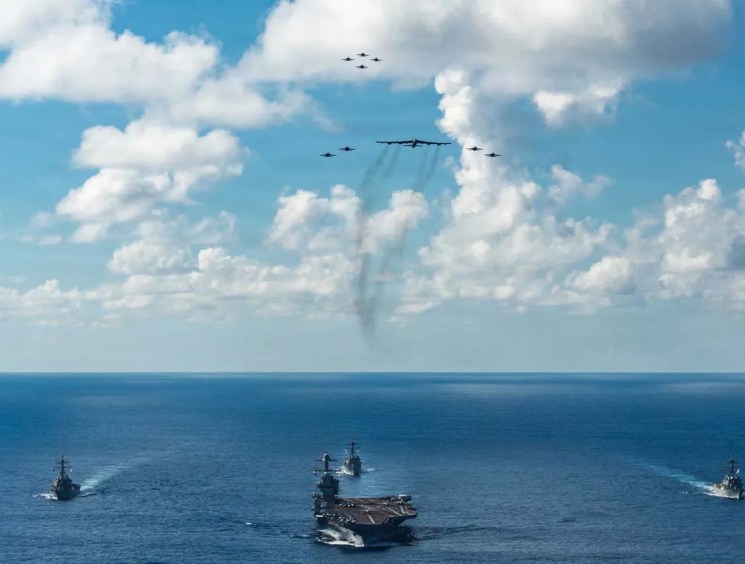
Why blocking immigrant entrepreneurs is an act of American economic self-harm
A global theorist considers how immigration fuels entrepreneurship – and how the Trump administration’s visa ban will not only hurt immigrants but the US as a whole.
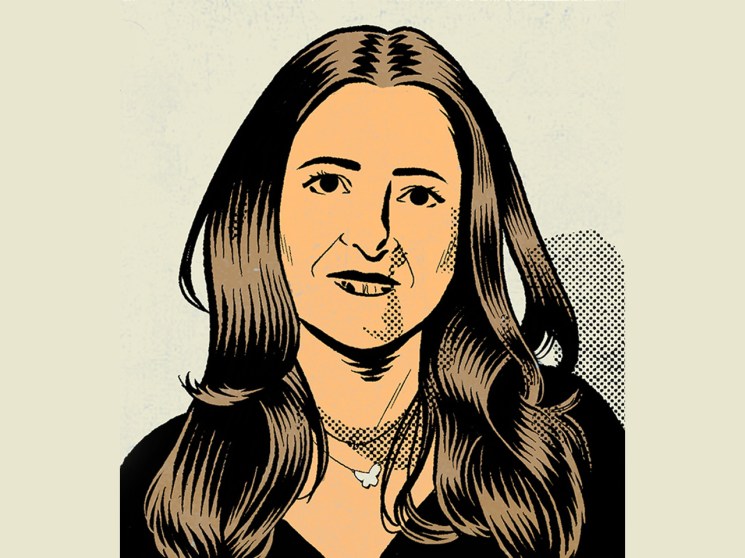
Donald Trump’s State of the Union address proves that he lives in Mar-a-La La Land, not the US
The US president’s State of the Union speech painted a very different reality to that of many Americans. And it might affect Republican prospects in the upcoming midterm elections.

Who is Stephen Miller? President Trump’s anti-immigration advisor
The far-right hand of Donald Trump is the driving force of the president’s most controversial policies.
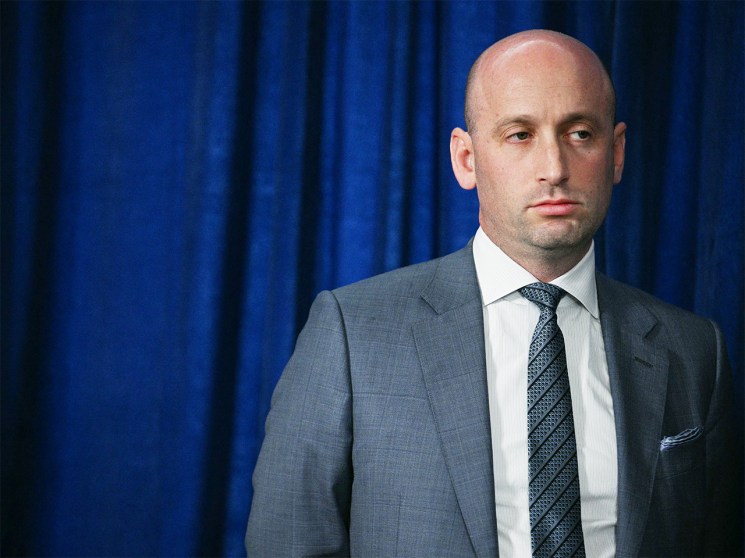
Democratic ticket remains a work in progress with Gavin Newsom, Kamala Harris or AOC
Both former vice-president Kamala Harris and New York congresswoman Alexandria Ocasio-Cortez (AOC) have been in the news for all the wrong reasons. Harris’s presidential failure and AOC’s blunders in Bavaria last weekend are all…
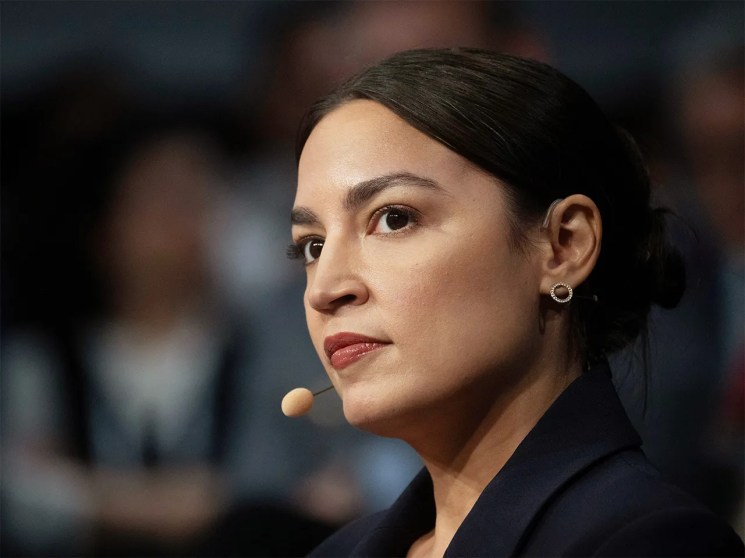
‘Division and dissension’: US senator Murkowski on Trump’s disrespectful Arctic policy
Lisa Murkowski is the senior US senator representing Alaska, a seat she has held for the Republicans since 2002 – despite repeated efforts by her own party to oust her Murkowski did not endorse…
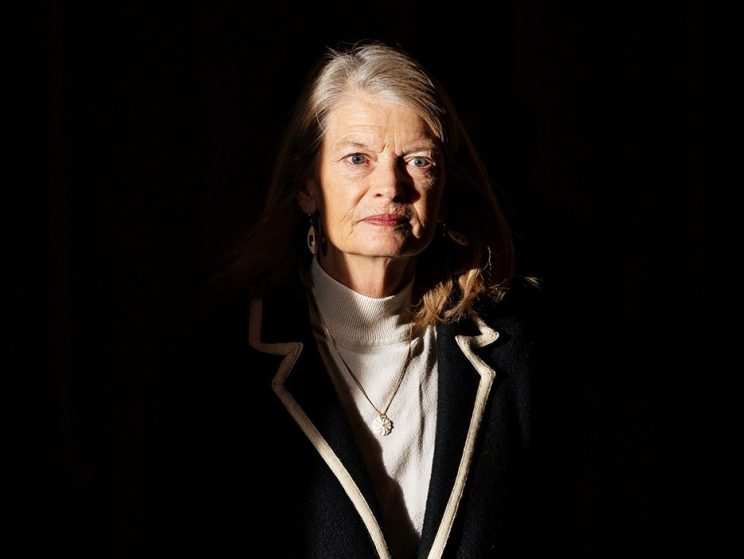
How many staff does it take to run a country? The answer is no joke
In Washington, one gag is growing tired. This week, Donald Trump celebrated the news that the US economy had surpassed expectations, with promising job growth last month. But among federal employees, jokes about how…

Europe’s century of humiliation is just beginning. What will it take to reassert itself?
Following 12 months of buffeting and befuddlement, some commentators are now predicting a coming century of humiliation for Europe. In the interests of avoiding such a humbling, there are several things that the vieux…
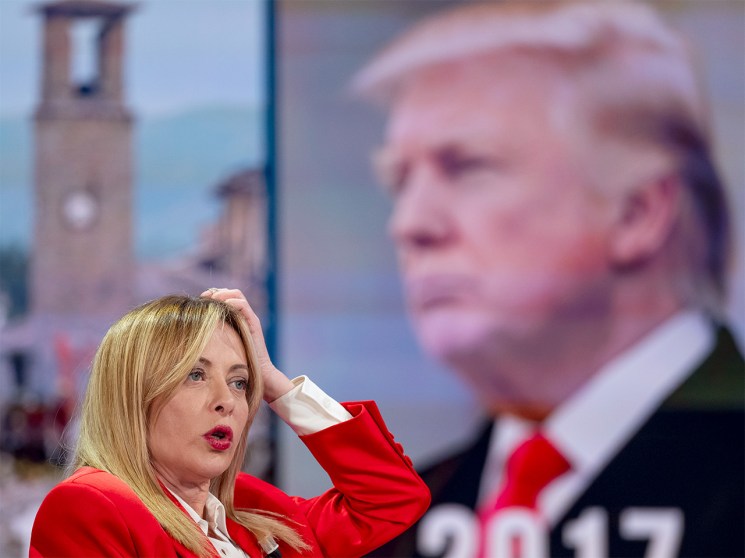
‘Everyone is terrified of US sanctions.’ What might Nouri Al-Maliki’s leadership nomination mean for US-Iraq relations?
With more than a decade of experience reporting on the Middle East for ‘The Washington Post’, Loveday Morris speaks with senior news editor Chris Cermak about Al-Maliki’s possible return as Iraq prime minister.

‘I would feel safer to stay with Denmark’: Has the Greenland crisis brought the territory closer to Copenhagen?
On the streets of Nuuk, talk of independence has been tempered by Trump’s ongoing threats.



